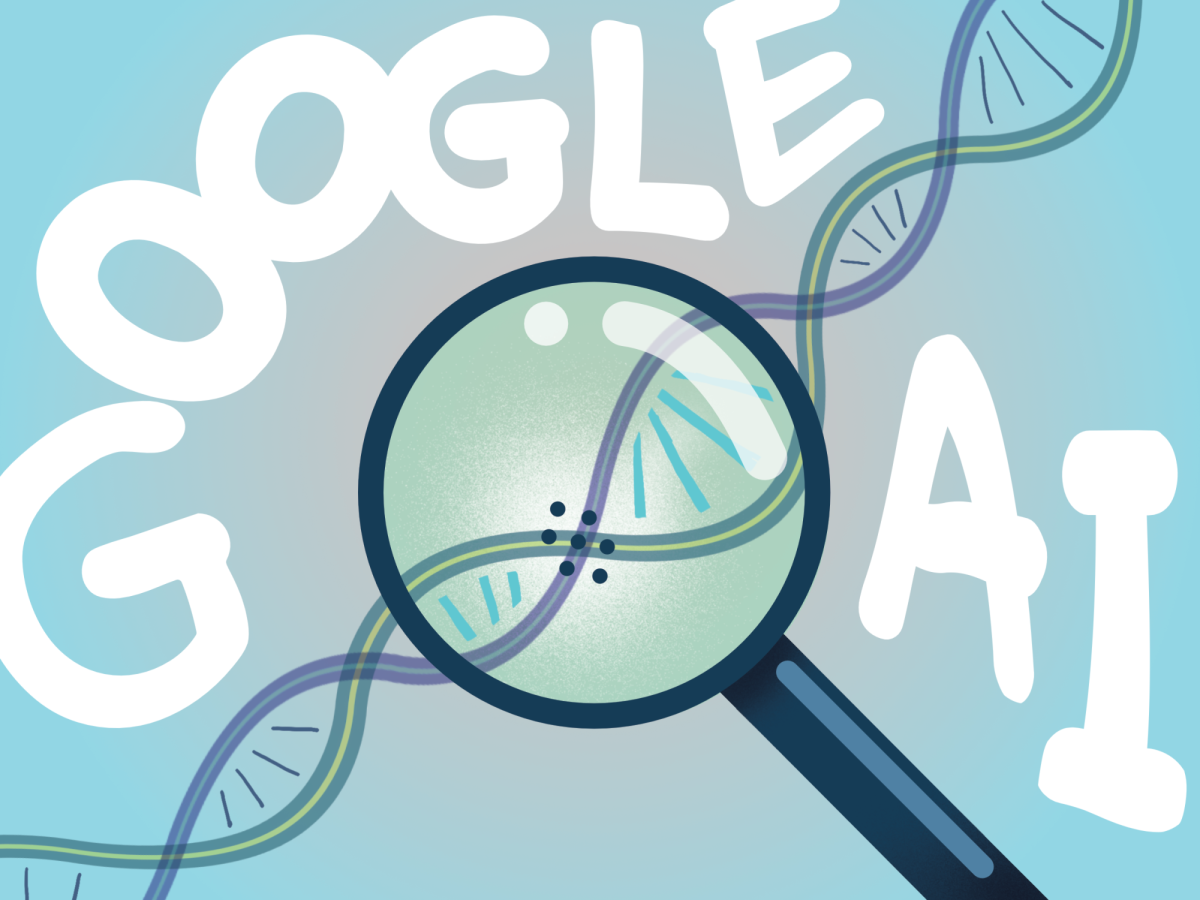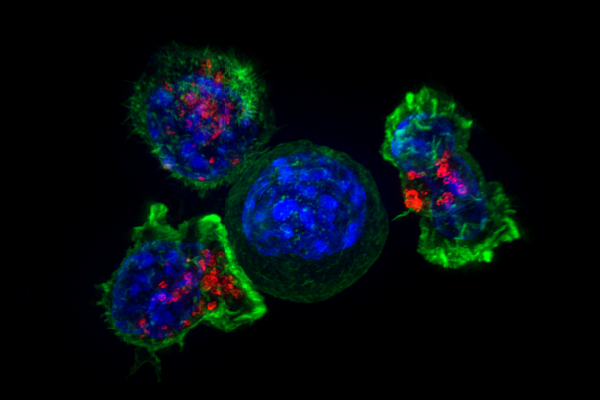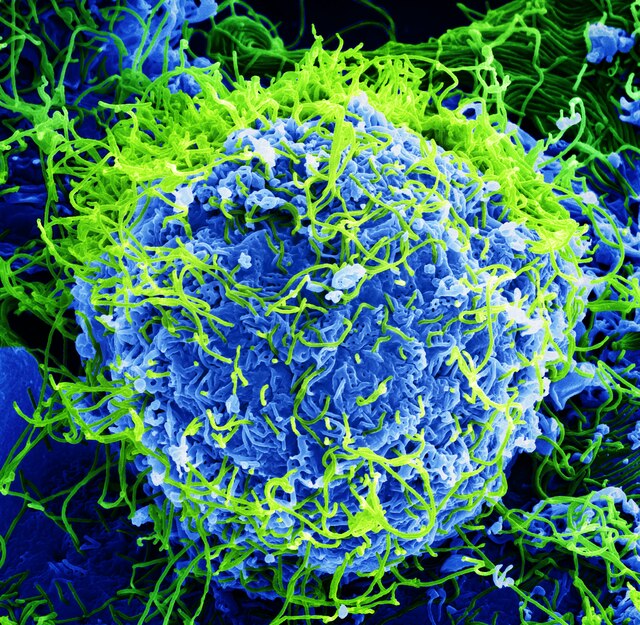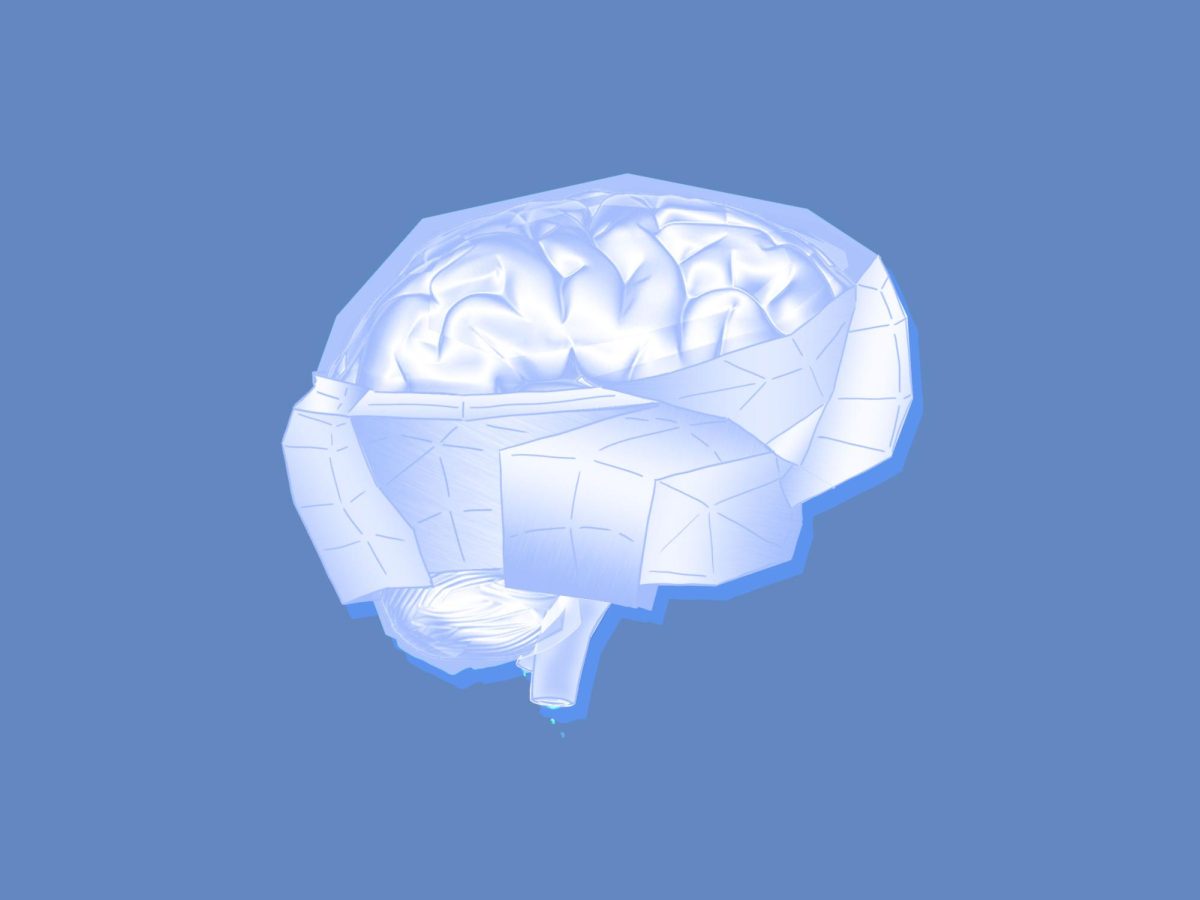Google recently launched an artificial intelligence tool called DeepSomatic, which is designed to detect genetic mutations that cause cancer with better accuracy than existing technologies. The research marks a major milestone toward improving how scientists identify and understand mutations that cause tumors.
Today, doctors use genome sequencing to search for mutations in cancer cells. However, it’s not always easy to determine if a mutation is real or if there was an error in the sequencing process, especially in complicated cancers where only a few cells may carry the mutation.
Cancer starts when the body’s system for controlling how cells grow and divide stops working properly.
This usually happens because of changes or mutations in DNA. Finding these specific mutations helps doctors create treatments that target how a tumor grows.
DeepSomatic solves this issue by using a type of AI called a convolutional neural network, which is a system that recognizes patterns similar to how the human brain processes images.
Instead of reading long strings of genetic code, the AI turns the data into pictures showing how DNA pieces line up on chromosomes.
DeepSomatic can distinguish between normal genetic changes and mutations that cause cancer while ignoring random sequencing mistakes.
In hospitals and research labs, doctors analyze DNA from both a patient’s healthy cells and tumor cells. This comparison enables them to see which mutations exist only in the tumor and could be causing cancer.
DeepSomatic assists in this process by automatically finding those differences. When doctors can’t obtain normal samples with blood cancers such as leukemia, the AI is still able to function using only tumor data.
This makes it useful in situations even when complete samples aren’t available.
A big reason why DeepSomatic works so well is the CASTLE dataset, which Google built in collaboration with the University of California Santa Cruz Genomics Institute and the National Cancer Institute. This dataset contains genetic information from breast and lung cancer samples that were studied using three different sequencing systems.
By combining the results and removing any mistakes specific to one system, researchers created a more reliable set of data.
This high-quality dataset helps the AI recognize real cancer mutations more accurately, making it one of the best training resources available for cancer research.
Tests showed that DeepSomatic worked better than other tools. It was especially adept at spotting complex mutations called insertions and deletions, where pieces of DNA are added or missing. According to Illumina data, an automated, scalable, and versatile muti-omics data science tool, DeepSomatic scored 90% accuracy, compared to 80% for the next best tool.
According to Pacific Biosciences data, it scored over 80% while others were less than 50%.
The AI also handled samples that were difficult to analyze, such as a tissue that was damaged during preservation and lower-quality genetic data. It worked well on exome sequencing, which studies the small part of DNA that makes proteins.
This means DeepSomatic can be used with older or imperfect samples, making it helpful for hospitals and labs everywhere.
DeepSomatic can also work on cancers it wasn’t trained on. In brain cancer tests, the AI found key mutations linked to the disease.
In another test with Children’s Mercy hospital, it studied eight leukemia cases and found both known and new mutations utilizing only tumor data.
Google has made DeepSomatic and its CASTLE dataset free so scientists around the world can build on it.
The accessibility could accelerate progress in precision medicine, which creates treatment based on each person’s genes.
By improving how doctors find cancer mutations, DeepSomatic could lead to faster and more precise diagnoses, which could lead to better treatment options for patients.









